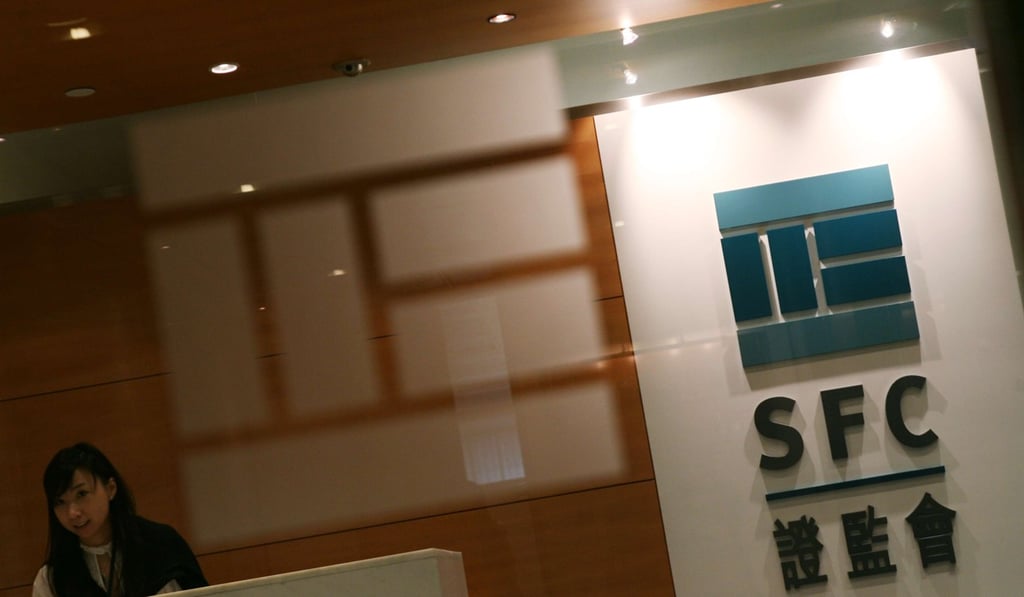Trade war may scuttle China’s interest to share ‘state secret’ company audit reports with US
- China now willing to share audit work on mainland firms with Hong Kong regulator, which will help improve financial transparency
- Beijing sees much of the information in the audit reports as state secrets

Chinese authorities agreed this week to officially allow Hong Kong’s market regulator to see corporate financial records that are held on the mainland, marking another step to improve the financial transparency and accountability of Chinese companies listed in the city. But Beijing’s reaction to a similar situation with the US may be quite different under the complicated circumstances of the ongoing trade war, analysts said.
Hong Kong’s Securities and Futures Commission (SFC) has for years been asking to investigate mainland-based companies that may be involved in fraudulent activities by accessing their audit working papers, invoices and other underlying financial documents.
In 2014, the SFC had to take accounting giant EY to court to force it to reveal information on a Chinese utility company that had sought to be listed on the Hong Kong stock exchange. A Hong Kong High Court judge ruled in favour of the commission after EY had refused to comply, citing the mainland required that it kept the audit work secret due to national security concerns.
Similarly, the US Securities and Exchange Commission has been facing difficulties inspecting audits of Chinese firms listed in America despite a 2013 agreement signed with China on the cooperation in audit regulatory matters. Among the cases, a US judge ruled in favour of the regulator in 2014, with the China-based affiliates of the “Big Four” accounting firms agreeing to pay US$500,000 each in fines for failure to turn over work papers.

On the face of it, the two cases appear almost identical. But the progress since then had been quite different, analysts said.